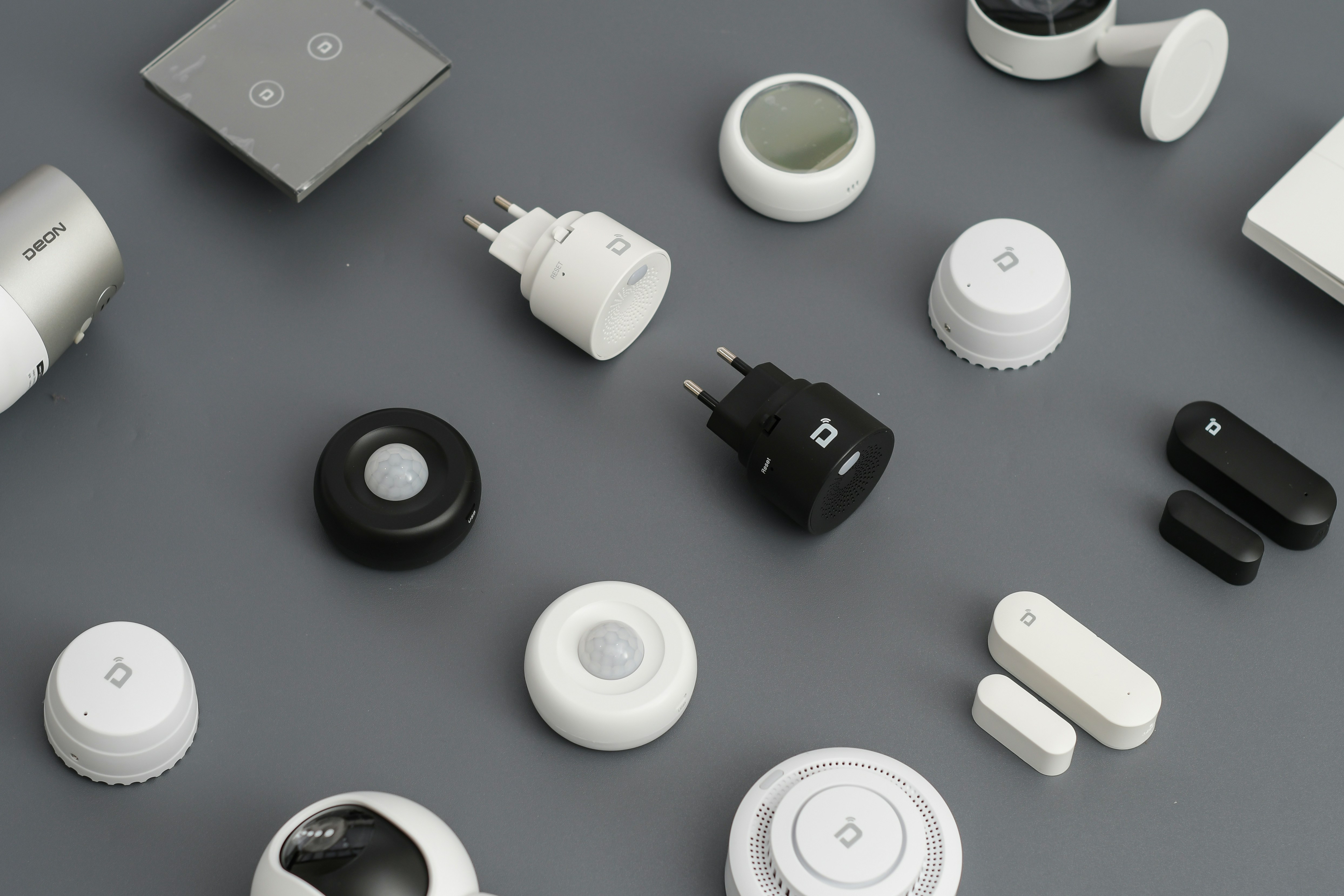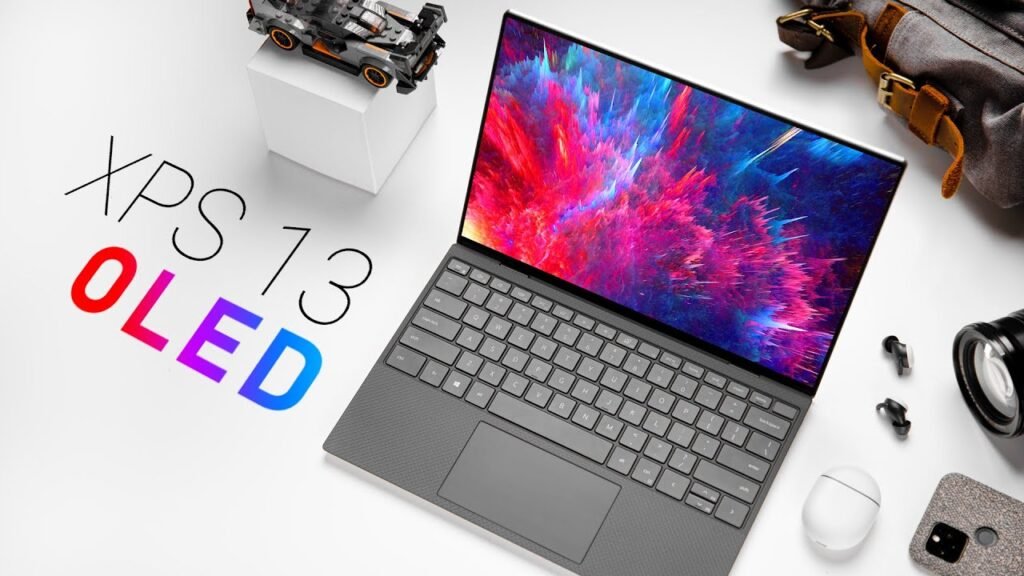Introduction to Smart Home Technology in 2025
As we advance into 2025, smart home technology is becoming an essential component of modern living. This innovative approach to home management not only prioritizes convenience but also significantly enhances energy efficiency and security. Smart home technology involves a sophisticated network of interconnected devices that communicate through the Internet of Things (IoT), enabling users to monitor and control various aspects of their homes remotely.
The importance of smart home automation is increasingly evident as it aligns tightly with contemporary lifestyle demands. For instance, the integration of appliances, lighting, and security systems through smartphone applications allows homeowners to automate routines, from adjusting thermostat settings before arriving home to scheduling smart lights to create the desired ambiance. This level of control enhances comfort and contributes to energy savings, as systems can be optimized based on actual usage patterns.
Moreover, the burgeoning trend of smart home technology in 2025 reflects a broader societal shift towards sustainability and responsible resource management. By embracing energy-efficient devices and smart systems, households can minimize their ecological footprint—leading to both cost savings and environmental benefits. Enhanced security is another critical dimension of smart home technology. Features such as smart locks, security cameras, and alarm systems provide homeowners with peace of mind, ensuring that their living spaces are protected against potential threats.
In summary, the evolution of smart home technology is transforming our lifestyles, making homes not only more convenient and efficient but also safer. As these innovations continue to proliferate, understanding their implications for our living spaces will be vital to harnessing their full potential.
20 Must-Have Smart Home Devices
As we advance into 2025, smart home technology continues to revolutionize the way we manage our living spaces. Here are 20 essential smart home devices that every household should consider integrating into their ecosystem.
1. Smart Thermostat – Devices like the Google Nest Learning Thermostat help optimize heating and cooling, learning user preferences to reduce energy consumption. A smart thermostat can significantly lower utility bills, making it a worthwhile investment.
2. Smart Lighting – Brands such as Philips Hue offer a range of smart bulbs that can be adjusted for brightness and color based on your mood or activity. These lights can be controlled via smartphone apps, enhancing convenience and energy efficiency.
3. Smart Security Camera – The Ring doorbell camera allows homeowners to monitor their property in real time. Security cameras offer peace of mind, capturing footage for later review, though they may raise privacy concerns.
4. Smart Speaker – Devices like Amazon Echo or Google Nest Hub serve as control centers for other smart home devices. They provide voice-activated assistance for tasks, music, and more, though they may also face scrutiny regarding data privacy.
5. Smart Door Lock – The August Smart Lock enables keyless entry, allowing users to remotely lock and unlock their doors. This device enhances security but can malfunction if batteries run low, necessitating regular maintenance.
6. Smart Plug – TP-Link’s Kasa Smart Plug allows homeowners to manage appliances remotely. They enable scheduling and monitoring of energy usage, promoting efficiency; however, compatibility with all devices may vary.
7. Smart Smoke Detector – The Nest Protect alerts users to smoke and carbon monoxide levels, offering peace of mind. Installation requires hardwiring in many cases, but the benefits are substantial.
8. Smart Vacuum – The iRobot Roomba navigates and cleans homes autonomously. It saves time but comes with a significant upfront cost and may miss areas if not properly set up.
9. Smart Garden System – Devices like the Click and Grow Smart Indoor Garden facilitate easier plant care. They automate watering and lighting, yet initial investments can be high.
10. Smart Coffee Maker – The Hamilton Beach Smart Coffee Maker can be programmed remotely to brew coffee. While convenient, it may require an app that users must learn to navigate.
11. Smart Refrigerator – Samsung’s Family Hub Refrigerator allows users to manage groceries and inventory via a touchscreen. It can mitigate food waste, although the complexity may overwhelm some.
12. Smart Air Purifier – The Dyson Pure Cool connects to smartphones for remote tracking of air quality. It can combat indoor pollutants, but filters require regular replacement.
13. Smart Blinds – Lutron’s Serena Smart Shades can be programmed to adjust based on the time of day. Enhancing energy efficiency, they may require professional installation.
14. Smart Water Leak Detector – The Flo by Moen detects leaks and notifies homeowners to prevent water damage. While invaluable, it may require a subscription for advanced features.
15. Smart Showerhead – The Moen Smart Shower lets users control water settings via a smartphone. It provides convenience but may involve a complicated installation process.
16. Smart Pet Feeder – The Petnet Smart Feeder allows pet owners to schedule meals for pets remotely. Ensuring proper feeding times, it may not be suitable for all pet types.
17. Smart Home Hub – The Samsung SmartThings Hub connects different smart devices into one controllable ecosystem. While useful, it requires setup knowledge for optimal performance.
18. Smart Mirror – The HiMirror displays personalized health data in addition to serving as a regular mirror. Though innovative, it may present a learning curve for users.
19. Smart Oven – An appliance like the June Smart Oven offers smart cooking features. It reduces cooking time, although its price point might be prohibitive for many.
20. Smart Fitness Tracker – Devices like Fitbit can monitor health and fitness data, enabling a more proactive approach to wellness. Popular among health enthusiasts, they may require regular syncing with other devices.
These smart home devices are widely available through retailers such as Amazon, Best Buy, and directly from brand websites. Investing in smart home technology can improve energy efficiency, provide security, and ultimately enhance the quality of life in your household. For users seeking further assistance with setup or advanced functionalities, various online resources—both free and paid—are available to guide your journey in creating a fully connected home.
The Role of AI in Smart Homes
Artificial intelligence (AI) is transforming the landscape of smart home technology, significantly enhancing the functionality and efficiency of various household devices. By integrating AI, these systems are no longer merely automated but are becoming increasingly intelligent, adapting to user preferences and optimizing their operations based on real-time data. This evolution is evident in tasks such as lighting control, climate management, and security systems, which can now learn from user behavior and make autonomous adjustments to improve comfort and energy efficiency.
One of the primary advantages of AI in smart homes is its ability to improve the user experience through personalization. For instance, smart assistants equipped with AI can analyze voice commands, recognize individual family members, and adjust the environment accordingly—be it tuning into preferred music playlists or setting the thermostat to an optimal temperature. This level of responsiveness not only enhances convenience but also reinforces the idea of a home that is sensitive to the needs of its occupants.
Moreover, AI plays a crucial role in predictive analytics for home management. By collecting and analyzing data on device usage patterns, AI can forecast future needs and suggest maintenance tasks, alerting homeowners before issues arise. This proactive approach can prevent costly repairs and extend the lifespan of appliances. However, the integration of AI introduces challenges, particularly regarding privacy and security. With smart devices continuously collecting data, concerns about data breaches and unauthorized access increase, necessitating the implementation of robust safeguarding measures to protect sensitive information.
As AI technology continues to evolve, it is reshaping household routines, making homes not only smarter but also more efficient and user-friendly. The challenges it presents must be addressed to ensure that the benefits of AI can be maximized while minimizing potential risks. In essence, the role of AI in smart homes is pivotal—spearheading a new era of home automation that prioritizes user-centric design while grappling with the inherent complexities of data privacy and security.
Buying Guide for Smart Devices in 2025
As households increasingly embrace smart home technology in 2025, selecting the right devices to fulfill specific needs becomes paramount. One of the foremost factors to consider is compatibility with existing systems. Ensure that any new smart device can seamlessly integrate with your current smart home ecosystem, whether it involves a central hub, voice assistants, or other devices from various manufacturers. This compatibility will enhance user experience and prevent frustration associated with device incompatibility.
Next, evaluating your budget is critical. Smart devices vary significantly in price, often depending on their advanced features. Identifying your spending limits will help narrow down the options while ensuring that you invest in devices that provide the best value for your needs. Focus on essential features that will enhance your lifestyle or improve efficiency without overspending on unnecessary items.
User-friendliness should also be a priority. Opt for smart devices that offer intuitive interfaces and straightforward installation processes. A user-friendly device minimizes the learning curve and encourages family members of all ages to embrace and use the technology fully. Take advantage of online tutorials, reviews, and community forums to gauge how easily others have adjusted to specific devices.
In the rapidly changing tech landscape, future-proofing your investments is crucial. Choose brands known for reliability and regular software updates, which will extend the lifespan of the devices and maintain their functionality. Research potential pitfalls to avoid, such as choosing devices with limited integration capabilities or poor support.
Lastly, prioritize security considerations when purchasing smart devices. Ensuring that devices come equipped with robust security protocols protects your personal information and connected home. Implement the best practices like regularly updating device software and using strong, unique passwords. By thoroughly evaluating these factors, you can confidently select the smart home devices that will enhance your life while delivering reliability and security.
Explore more on our site:


